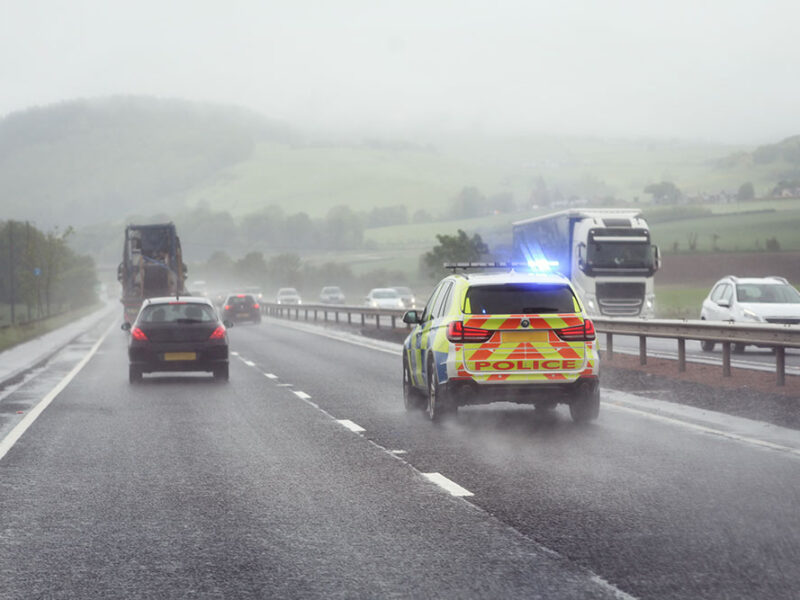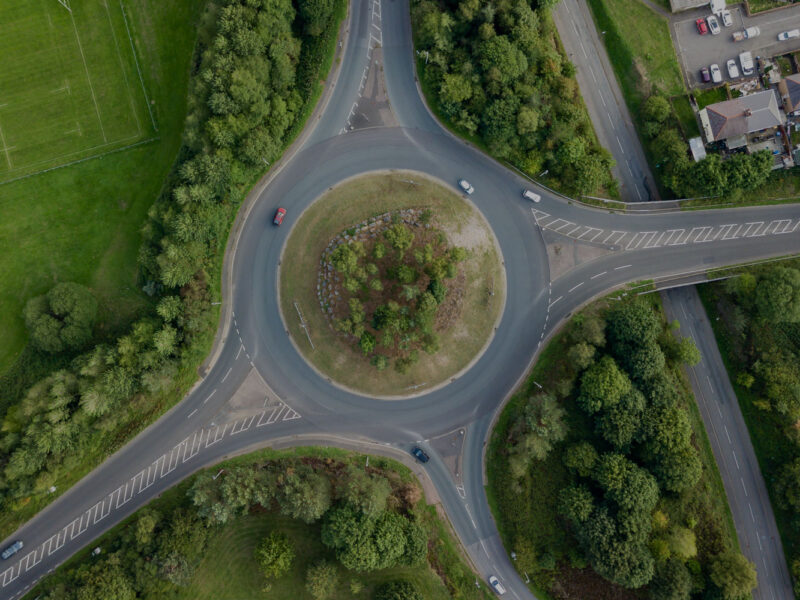In a Section 19 Public Inquiry hearing heard last year (2023) the Traffic Commissioner highlighted again the importance of permit operators ensuring that their vehicles allow passengers and other road users to be safe, and that if an operator's vehicles fall below the required safety standards then there is a risk of their permits being revoked (permits were in fact revoked in this case).
What Does Section 19 Refer to?
Section 19 is the legislative provision in the Transport Act 1985 that provides for the use of Public Service Vehicles (PSVs) as they are defined in the Public Passenger Vehicles Act 1981, using a "Section 19 Permit" when otherwise an operator's licence (whether Restricted or National) would be required. On one view the obligations imposed upon operators that use vehicles under such a Permit are less onerous than the obligations imposed upon operator's who use vehicles under an operator's licence.
The PSVs operated under a Section 19 Permit must be used on a "not for profit" basis which requires careful analysis in each individual case. Section 19 permits are frequently granted to charitable organisations that specialise in the provision of services to specific groups (schools being one example) where the transport services are used in connection with education, religion, social welfare or recreational activity that will benefit the community.
North Dorset Community Accessible Transport (NORDCAT) Case:
NORDCAT was involved in a home-to-school (H2S) contract which it serviced using a fleet of PSVs operated under the authority of permits (in doing so it avoided the need to obtain an operator's licence).
The Public Inquiry followed a DVSA maintenance investigation which revealed serious shortcomings in the maintenance regime which gave rise to obvious safety concerns in relation to the roadworthiness of the vehicles being used. There was a high MOT failure rate and a range of other problems that were revealed by the maintenance documentation that NORDCAT provided to the Traffic Commissioner, but seemingly a failure to understand the significance of such (either that, or those responsible for the transport services did understand the issues but failed for whatever reason to do anything about them).
In addition to the maintenance issues the Traffic Commissioner also carried out an analysis of the commercial arrangements relevant to the issue of the permits to NORDCAT. He found shortcomings here too.
The Traffic Commissioner stated that permit operators need to consider each one of the purposes for which they are providing road passenger transport services to ensure that they satisfy the legislative requirements that they must meet in order to be eligible to run vehicles under permits (rather than needing an operator's licence). In summarising his approach to the regulation of permit operations the Traffic Commissioner stated "This is a permit operation. That does not mean that the passengers and other road users do not deserve to be safe. I cannot apply a lower standard for maintenance than I would for a PSV operation".
Community Transport Association Response:
Following the Public Inquiry, the Community Transport Association has reminded members and operators to prioritise "robust" maintenance programmes to ensure the safety and compliance of their vehicles on the road.
Are you Running Correctly under a Section 19 Permit?
This case highlights an area of the regulatory regime that is frequently abused, either intentionally or because the people involved do not understand what it is that they are required to do in order to ensure that their vehicles are operated lawfully and safely.
If you would like advice on whether you are eligible for a Section 19 Permit or if you hold one and wish to ensure that this is the correct permit/licence for your use, then get in touch now. Pellys Transport & Regulatory Law is an expert in this area and can ensure that you and your organisation are running compliantly. Call us on 01279 818280 or email by clicking here. We are here to help.
(C) Richard Pelly, January 2024

More News and Insight

Walkaround Checks – Where Road Safety Starts
Every day, often before the sun is above the horizon, hundreds of thousands of commercial vehicles are started up by their drivers and then they head out on to the UK’s road network to transport goods or passengers from one point to another, often with demanding time constraints thrown into the mix…

Traffic Commissioner’s Annual Report 2024/25: “Don’t Look Back in Anger”
Time has flown by and once again we find that the schools are back after the long summer break and the Office of the Traffic Commissioner has issued its annual report to the Secretary of State, providing a review of the year…

An Apple a Day to Keep the DVLA Away – A review of the DVLA’s Rules on Health Checks for Professional Drivers
There has been some discussion in the industry trade press recently that has highlighted proposed changes to how the disease of diabetes is monitored in professional drivers by the DVLA. One article in RouteOne Magazine stated that…

Light Goods – Heavyweight Industry: The DVSA’s New LGV Strategy
While relatively small in overall physical size light goods vehicles (LGVs) are now a large part of the UK road transport industry. There are currently estimated to be over 5.1 million light goods vehicles on UK roads today…

Employment Law Update – A tale like Scylla & Charybdis
Operators currently face their own real time nightmare in the form of a modern day version of the Greek mythological tale of Scylla and Charybdis (where sailors faced a narrow strait through which they had to pass which had a monster on one side and a whirlpool on the other!)…

Labour Government – Employment Rights Bill – What Will It Mean for Transport Businesses?
In October 2024 the Deputy Prime Minister, Angela Rayner set out her intention to reform the employment rights held by employees in the UK. In a press release issued at the time she is quoted a saying…

Revisiting the DVSA’s Guide to Maintaining Roadworthiness
In April 2025 the Driver & Vehicle Standards Agency (DVSA) issued the latest edition of its Guide to Maintaining Roadworthiness.

The Wheels on the Bus go Round & Round….but how do they Stop?
At the tail end of 2024 a Public Inquiry was held in front of Traffic Commissioner Kevin Rooney where the subject of brake maintenance practices was called into question…

Maintenance Provision Rating Scheme for Commercial Vehicle Workshops is Launched
One of the key tenants of running a commercial vehicle operation, whether ‘HGV’ or ‘PSV’ is that the maintenance of the vehicles is paramount. For some operators this will mean having their own maintenance facilities and teams to look after their fleet of vehicles in house, but the majority of operators in the UK are reliant on 3rd Party maintenance providers…

Changes to Brake Safety Inspections for Commercial Vehicles – April 2025
In April 2025 the brake testing regime guidance will change. Roller Brake Tests, that have been mandatory for years, will be joined by an Electronic Break Performance Monitoring System or EBPMS…

Case Study – Public Inquiry for Gillbard Plant, Autumn 2024
Gillbard Plant was called to Public Inquiry in Autumn 2024. The hearing made headlines in the transport press due to the element of “DVSA Poacher turned Game-keeper” of Gillbard Plant’s Transport Manager, Mr. Anthony Brayley-Willmetts, a former DVSA (VOSA) examiner turned transport consultant…

DVSA Load Security Guidance – Updated December 2024
When carrying loads on lorries every HGV Operator knows how important it is to ensure that goods are secured safely so that they arrive at their destination in good condition and that they do not cause any damage or danger on the UK’s roads during the process of transporting them…
